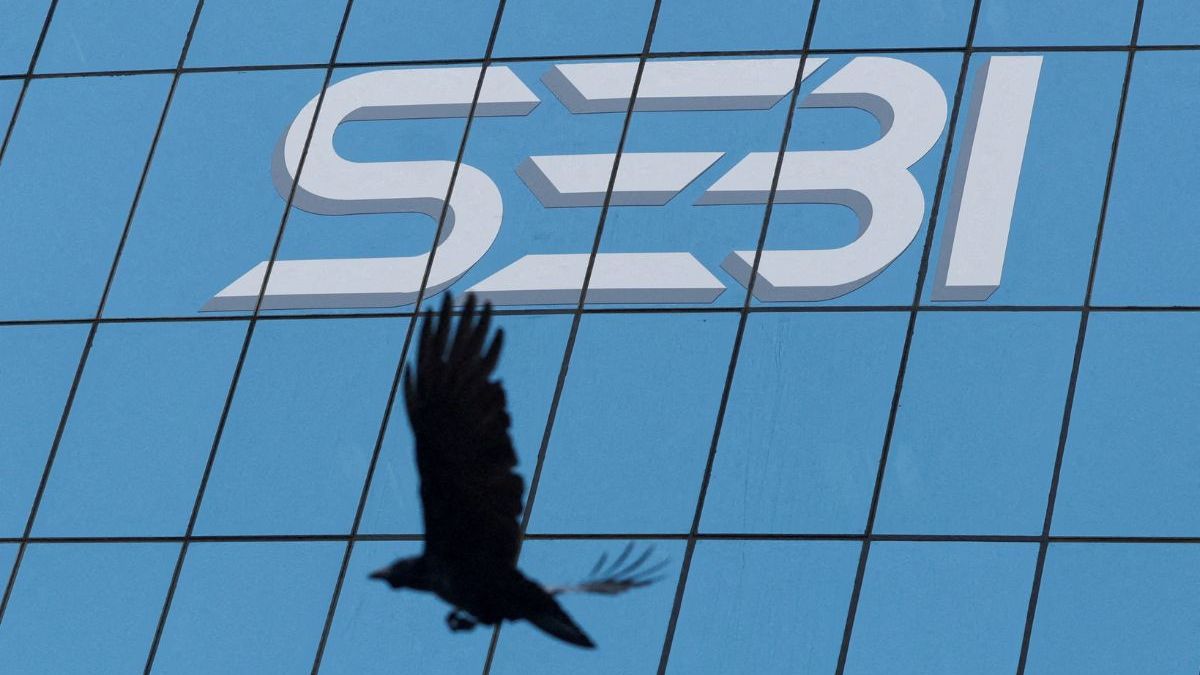SEBI busts front-running racket: How traders exploited family trust orders
 SEBI | Reuters
SEBI | Reuters
In a major enforcement action, the Securities and Exchange Board of India (SEBI) announced it slapped penalties on 13 entities for orchestrating a sophisticated front-running scheme to the tune of Rs 2 crore in proceeds.
The entire text of the watchdog organisation's order (QJA/SS/IVD-1/ID16/31699/2025-26) can be found HERE.
In the order that generated illicit profits of over Rs 2 crores by trading ahead of large orders placed by three family trusts.
The alleged two-year scam, which ran from January 2021 to October 2022, came to light when the National Stock Exchange (NSE) flagged suspicious trading patterns around orders placed by the Bharat Kanaiyalal Sheth Family Trust, Ravi Kanaiyalal Sheth Family Trust, and Arjun Discretionary Trust—collectively known as the "Big Client" (Page 3 of the SEBI order).
How the scheme worked
The elaborate alleged fraud operated through a well-orchestrated information chain, SEBI alleged.
An insider with access to the Big Client's trading plans would leak this confidential information to Jitendra Kewalramani, a sub-broker identified as the "main front runner," through an employee acting as the information carrier (Page 4 of the SEBI order).
Armed with advance knowledge, these traders would quickly buy or sell stocks just before the Big Client's large orders moved the market, profiting when prices shifted in their favour.
SEBI's investigation uncovered 328 instances of front-running across 424 trading days, contributing to 57.79 per cent of the accused traders' total trading value (Page 6 of the SEBI order).
The watchdog noted that the scheme's precision was a little too close for comfort—in 221 instances, traders squared off their positions within just five minutes of the Big Client's trades, with 62 cases settled in under one minute (Page 8 of the SEBI order).
The smoking gun
Call data records revealed the conspiracy's inner workings, showing frequent communications between the key players precisely around trade timings, the order revealed.
Raising quite a few eyebrows, the information carrier received extraordinarily high salary payments—up to 45.74 per cent of the sub-broker's total brokerage earnings in one year—suggesting compensation for leaking confidential information rather than legitimate employment.
The alleged fraud's timing was also suspect.
Several accused parties opened trading accounts during the investigation period, made substantial intra-day profits exclusively during this timeframe, and then abruptly stopped trading after June 29, 2022, the exact day SEBI sent its initial inquiry to the Big Client.
The penalty
SEBI, in its order, imposed market debarments ranging from one to three years on 13 individuals and entities, with monetary penalties totalling Rs 1.08 crores.
Six key players, including the main perpetrators, had earlier settled the case by paying Rs 3.48 crores, which included the full disgorgement of illicit gains plus settlement charges, it noted. The entire wrongful profit of ₹2.06 crores has been recovered, SEBI said.
Business